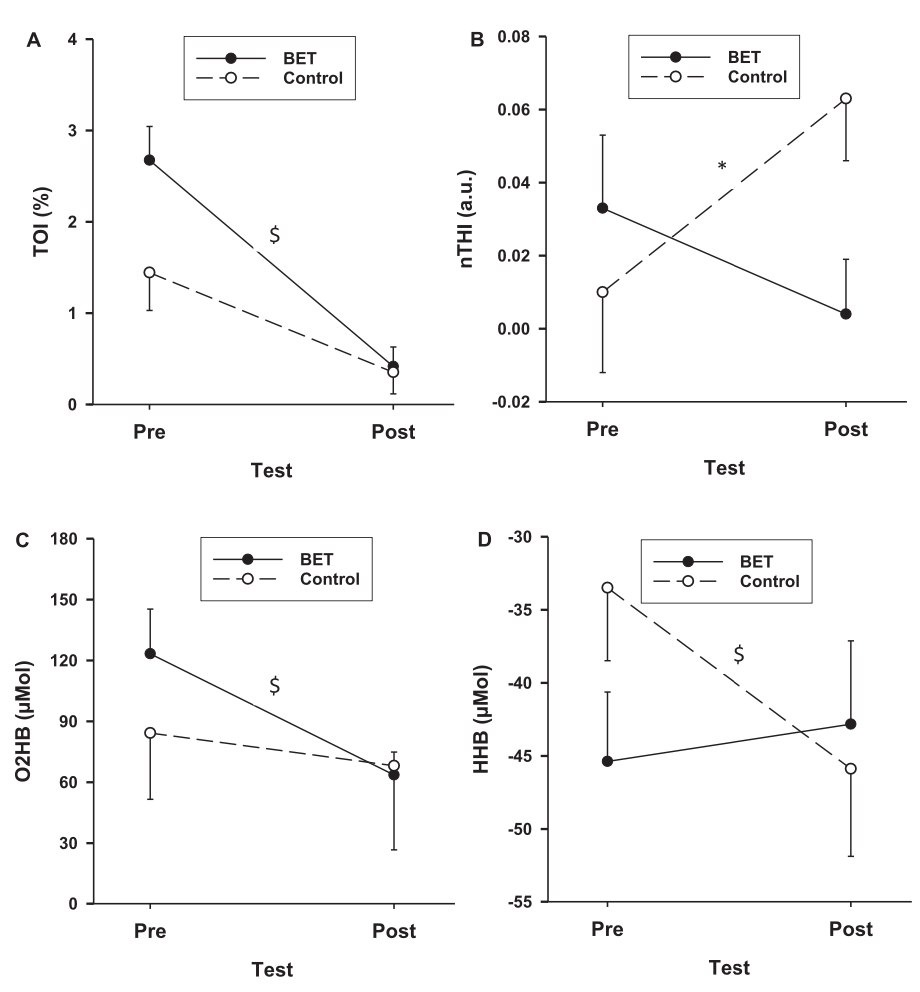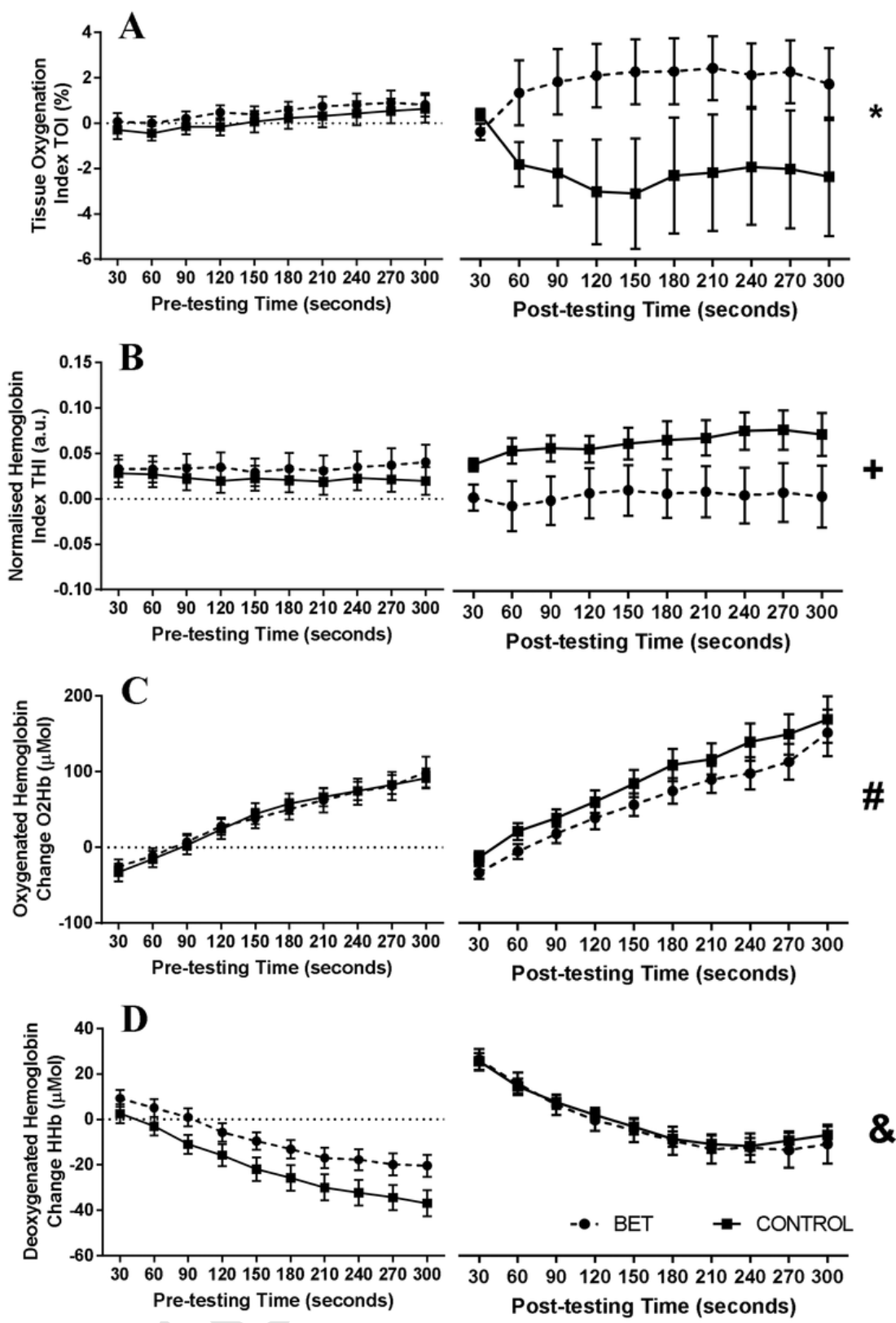Maximizing Your Athletes Cognitive And Physical Output
Brain Endurance Training (BET) has been proven to significantly enhance physical performance in ways that are truly astonishing.

Athletes and coaches are perpetually in pursuit of an advantage—to outthink and surpass their rivals in every conceivable aspect. This ongoing quest for innovation has brought Brain Endurance Training (BET) into the spotlight. Despite its proven efficacy across various sports, the concept remains elusive for some.
Questions arise: What makes this approach lead to superior performance? How can engaging in cognitive tasks translate to enhanced physical performance? BET's unconventional approach might just be the game-changer the sports world is looking for.
Rethinking Training
Traditionally, the goal has been to mimic the sport's demands as closely as possible, aiming for a direct transfer of skills. BET, however, challenges this conventional approach. The purpose of the cognitive task is to progressively expose the brain to increasing levels of cognitive demands, thereby inducing mental fatigue. The objective is to stimulate psycho-physiological changes that enhance the brain's endurance.
Just as physical training requires us to fatigue our body to create adaptations, BET uses cognitive tasks to stimulate and fatigue the brain, forcing it to adapt and thus increasing its capacity for endurance.
Research Insights: A New Frontier in Training
A growing body of research underscores the effectiveness of Brain Endurance Training. Studies reveal significant changes in prefrontal oxygenation, suggesting that athletes can achieve higher levels of exertion with BET without the corresponding increase in perceived effort. This is a pivotal discovery, indicating that BET not only enhances physical endurance but also optimizes mental efficiency during performance.
Two studies have shown changes in prefrontal oxygenation, confirming that the brain can tolerate higher levels of exertion with less effort. In one study, the BET group exhibited greater prefrontal oxygenation during physical tasks compared to the control group, without increased cardiac activity, perceived exertion, or motivation.

Another study found the BET group maintained higher prefrontal oxygenation during post-training physical tasks. This could allow BET participants to tolerate higher levels of perceived exertion, maintain executive control, resist response inhibition during physical tasks, and exert less mental effort, ultimately enhancing performance.

These studies provide brain imaging evidence of BET's impact. BET's goal is not task improvement but the expansion of an individual's capacity for mental and physical demands. Athletes who engage in BET outperform their peers, thanks to psycho-physiological changes.
Brain Endurance Training (BET) has been proven to significantly enhance physical performance in ways that are truly astonishing. A standout study involving elite cyclists offers compelling evidence of BET's efficacy. Athletes who integrated BET into their training outperformed the control group by a wide margin during time trials, achieving additional distances that highlight the tangible advantages of cognitive training for physical performance. Specifically, those in the BET group managed to cover an impressive 550 meters more in a 20-minute time trial and an extra 60 meters in a 5-minute trial, in stark contrast to the control group's 135 and 24 meters, respectively. This stark difference vividly demonstrates the link between cognitive training and improved physical performance.
Brain Endurance Training represents a paradigm shift in athletic training, offering a scientifically backed approach to enhancing both cognitive and physical capacities. By embracing the challenges presented by BET, athletes can push their performance to new heights, breaking through barriers previously thought insurmountable. For coaches, trainers, and athletes ready to explore the frontiers of their potential, BET offers a promising pathway to achieving peak performance.
If you're prepared to take your athletes to unprecedented heights, feel free to reach out for further information.
🌐 Connect With Us
🌍 Soma Technologies: Engineered to enhance human performance.
📸 Instagram: Dive into our world through exclusive photos and stories.
👥 Facebook: Join our community for the latest updates and discussions.
📈 LinkedIn: Connect with us professionally and stay informed about industry news.
🎥 YouTube: Watch our latest videos, tutorials.
🐦 X: Follow us for instant updates, news, and engaging tweets.
Research
Concurrent Brain Endurance Training Enhances Endurance Exercise Performance
Endurance performance across three tasks showed a greater improvement following Brain Endurance Training (BET) with a 32% increase, compared to a 12% increase in the control group (p < 0.05). The enhanced performance with BET was accompanied by a higher pre-frontal oxygenation during post-training tasks over time relative to the control (p < 0.05).
Performance Improvements:
- Brain Endurance Training (BET): +32%
- Control Group: +12%
ScienceDirect Study on Endurance Performance
A Randomized Controlled Trial of Brain Endurance Training to Reduce Endurance Exercise Fatigue
BET, combined with traditional physical training, is shown to be highly effective in improving endurance performance in healthy active males. BET offers a novel training stimulus for elite endurance athletes, potentially increasing their training load without the risk of musculoskeletal injuries and serving as a viable training method for injured athletes who are unable to perform physical training.
Performance Improvements:
- Brain Endurance Training (BET): +126%
- Control Group: +42%
ResearchGate Study on Reducing Fatigue
Brain Endurance Training Improves Physical, Cognitive, and Multitasking Performance in Professional Football Players
Post-training assessments revealed that the BET group consistently outperformed the control group in physical, cognitive, and multitasking performance, marking significant improvements in agility, sprint ability, and cognitive response times.
Performance Improvements:
- Repeated Sprint Ability: BET +10% vs. Control +3%
- Agility: BET +8.9% vs. Control +4.3%
- Attention: BET +42% vs. Control No Change
- Error Rate: BET - 69% vs. Control - 21%
- Cognitive Performance: BET +11% vs. Control +4%
Human Kinetics Journals Study on Football Players' Performance
Prior Brain Endurance Training Boosts Endurance Exercise Performance
Implementing BET prior to physical training sessions resulted in a 24% improvement in endurance performance, surpassing the 12% improvement from physical training alone. This advantage was linked to improved prefrontal oxygenation.
Performance Improvements:
- Brain Endurance Training (BET): +24%
- Control Group: +12%
Taylor & Francis Online Study on Endurance Performance
Brain Endurance Training Enhances Endurance and Cognitive Performance in Road Cyclists
Brain Endurance Training (BET) has been shown to significantly enhance endurance and cognitive response in road cyclists, while not notably changing physiological metrics.
Performance Improvements:
Time to Exhaustion Test at 80% Peak Power Output (PPO):
- BET: +11.4%
- Control: +3.4%
Time to Exhaustion Test at 65% PPO:
- BET: +17.1%
- Control: +2.8%
20-minute Time Trial:
- BET: +550 meters
- Control: +135 meters
5-minute Time Trial:
- BET: +60 meters
- Control: +24 meters
ScienceDirect Study on Cyclists' Performance
Combination of Brain and Physical Endurance Training Elevates Exercise Tolerance
The combination of brain endurance and physical training not only boosted maximal oxygen consumption but also significantly lowered perceived exertion during endurance tests.
Performance Improvements:
- Brain Endurance Training (BET): +176%
- Control Group: +86%
Journal of Practical Studies of Biosciences in Sport Study on Exercise Tolerance
Enhanced Endurance in Soldiers Through Brain and Body Training
Incorporating BET into aerobic training resulted in improved physical performance outcomes and induced functional alterations in brain regions associated with the perception of demand, effort, and fatigue.
Army.mil Article on Soldiers' Endurance
Improved Shot Speed and Accuracy in Padel Players Through Brain Endurance Training
Brain Endurance Training (BET) significantly improved skill-based psychomotor performance in padel players under conditions of fatigue, suggesting an increase in mental fatigue resilience.
Performance Improvements:
Volley Shot (VS):
- BET: +24%
- Control: +17%
Drive Shot (DS):
- BET: +16%
- Control: +12%
Afterglass Shot (AGS):
- BET: +21%
- Control: +15%
Bandeja Shot (BS):
- BET: +20%
- Control: +14%
